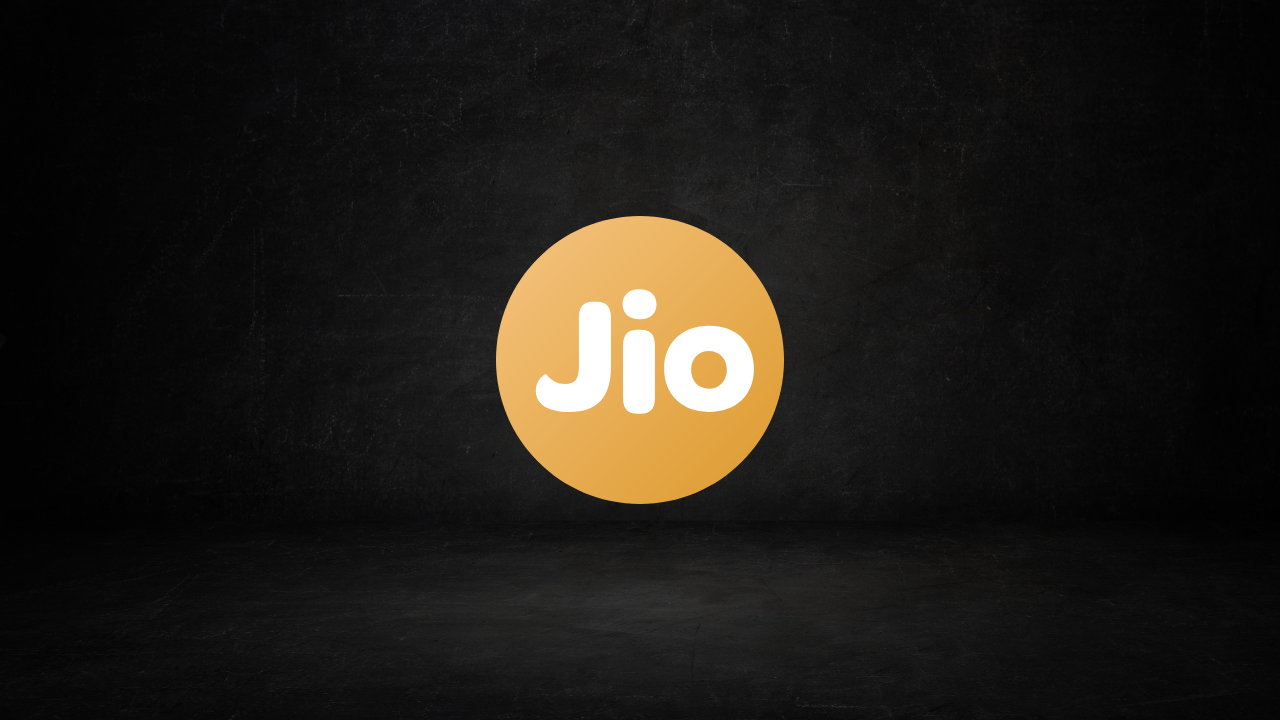The Business Model of Jio Financial Services: How It Makes Money

Jio Financial Services Limited (JFSL), a subsidiary of Reliance Industries, is making waves in India’s financial sector. With a broad range of services, it aims to offer accessible financial solutions to millions of Indians.
JFSL’s business model is built on catering to the diverse financial needs of its customers. By providing services like microfinance and merchant payment solutions, JFSL taps into multiple revenue streams.
In this blog, we’ll explore how Jio Financial Services generates income.
How Does Jio Financial Services Generate Income?
The company operates through various subsidiaries, each focusing on a different aspect of finance. Here are the key business segments JFSL has entered:
1. Personal Loans and Microfinance
One of the key components of Jio Financial Services Limited’s (JFSL) business model is personal loans and microfinance, which is managed by Jio Finance Limited (JFL). JFL provides personal loans and microloans to help customers meet their financial needs, whether for personal expenses or small business ventures.
JFL makes it easy for customers to apply for loans through the JioFinance App, which offers a simple and fast loan application process. The app uses data analytics to quickly assess creditworthiness, enabling faster approvals with minimal documentation.
Revenue is generated through interest on loans and processing fees. The quick approval process and easy application make JFL an appealing option for customers seeking fast access to funds. With flexible repayment terms, JFL provides a convenient and accessible solution for both personal and business financial needs.
2. Digital Banking Services

Jio Payments Bank Limited (JPBL) offers digital banking services, including savings accounts, debit cards, UPI, and IMPS services. Customers can easily access and manage their accounts through the JioFinance App, which integrates multiple banking functions into a single platform.
JPBL generates revenue from transaction fees, account maintenance charges, and interest on deposits. Its digital approach helps reduce operational costs compared to traditional banks, making it more efficient.
Customers benefit from 24/7 access to their accounts, easy fund transfers, and seamless transactions, providing them with a convenient banking experience anytime, anywhere.
3. Payment Solutions for Merchants

Jio Payment Solutions Limited (JPSL) offers merchant payment solutions, including UPI integration and merchant applications. Merchants can easily process payments through the JPSL merchant app, which simplifies payment transactions.
Revenue is generated from transaction fees charged to merchants for each payment processed. This model allows JPSL to earn while providing merchants with a reliable payment system.
Merchants benefit from efficient payment processing, which enhances the customer experience and streamlines their business operations, making payments faster and easier.
4. Insurance Products
Jio Insurance Broking Limited (JIBL) offers a variety of insurance products, including health, life, and general insurance. Customers can easily compare and purchase policies directly through the JioFinance App, which simplifies the process.
Revenue is generated through commissions from insurance providers for each policy sold via the platform. This enables JIBL to earn while providing a convenient and transparent service.
Customers benefit from access to a wide range of insurance options that can be tailored to their needs, with the added convenience of purchasing policies digitally.
5. Equipment and Asset Leasing
Jio Leasing Services Limited (JLSL) offers leasing services for equipment and assets, such as machinery and vehicles. Businesses can access leasing options through direct sales efforts and partnerships, with details provided on digital platforms for easy access.
Revenue is generated from lease payments made by clients using leased assets, providing JLSL with a steady income stream. This model requires minimal capital investment from customers while generating consistent revenue.
Businesses benefit from the ability to acquire necessary equipment without upfront costs, which helps improve cash flow management and supports smoother operations.
6. Asset Management
Jio Financial Services plans to offer mutual funds and investment products once its asset management division is operational. These products will be marketed through the JioFinance App, leveraging existing customer relationships and digital marketing strategies.
Revenue will be generated through management fees based on assets under management (AUM), providing a consistent income stream as investments grow.
Customers will benefit from access to professionally managed investment options that are tailored to different financial goals, helping them grow their wealth with expert guidance.
Key Competitors
Jio Financial Services Limited (JFSL) faces competition from several well-established players in India’s financial sector. Key competitors include HDFC Bank, ICICI Bank, and SBI, all of which offer a wide range of banking and financial services, including digital banking, loans, insurance, and investment products.
Another notable competitor is Bajaj Finserv, which provides personal loans, insurance, and asset management services. Companies like Paytm Payments Bank and PhonePe also compete in the digital payments and merchant services space, challenging JFSL’s growth in payment solutions.
In the asset management sector, Mutual Fund giants like Axis Mutual Fund and Nippon India Mutual Fund are strong contenders as JFSL plans to enter this space with its partnership with BlackRock. These competitors are already well-established and have a significant market presence, posing challenges for JFSL as it expands.
The Future Outlook of Jio Financial Services
Jio Financial Services Limited (JFSL) is well-diversified across multiple segments in the financial sector, including personal loans, digital banking, insurance, payments, leasing, and soon, asset management. While JFSL has made significant strides, it does not yet hold a major market share compared to some of its established competitors.
However, certain segments, like asset management, have the potential for substantial growth. With the planned joint venture with BlackRock, JFSL is well-positioned to tap into the growing demand for mutual funds and investment products in India.
The digital banking and payment solutions sectors also present strong opportunities for growth, especially as India’s digital economy continues to expand. JFSL’s Jio Payments Bank and merchant payment solutions can benefit from the increasing shift toward cashless transactions in the country.
Being part of Reliance Industries gives JFSL a significant advantage. With Reliance’s vast customer base and extensive distribution network, JFSL can leverage these resources to quickly scale its services and reach a larger audience.
Moreover, Reliance’s strong brand reputation and financial backing provide JFSL with the stability and confidence to invest in new technologies and expand its services. This affiliation also opens doors to partnerships and collaborations that can accelerate JFSL’s growth in the financial sector.
In the coming years, if JFSL capitalizes on these opportunities and continues to diversify its offerings, it could emerge as a key player in India’s competitive financial services market.
Read More: How Crisil Makes Money: The Business Model Explained

Upgrade Your TradingView Plan
- ✓ Set multiple price or indicator alerts.
- ✓ Rewind and replay past market data and run backtests to simulate trades.
- ✓ Access high-performance strategies and indicators shared by top traders.
- ✓ Unlock custom timeframes, multi-chart layouts, and add more indicators.
Claim $15 bonus and 1 month free trial if you join now.
Claim $15 Reward Now